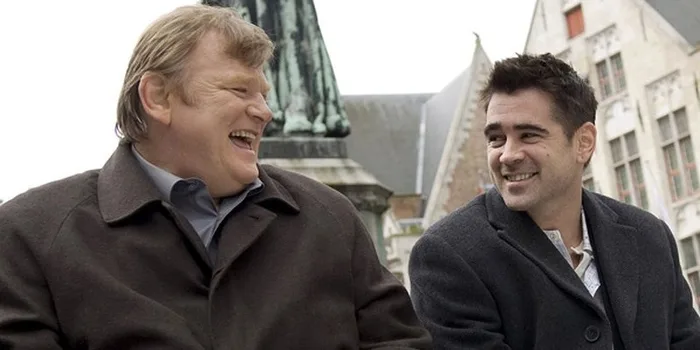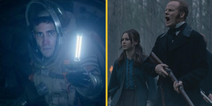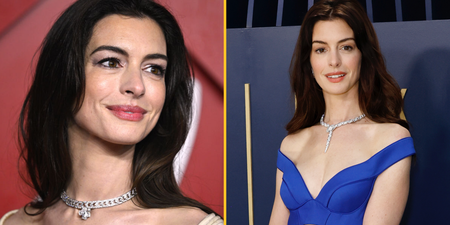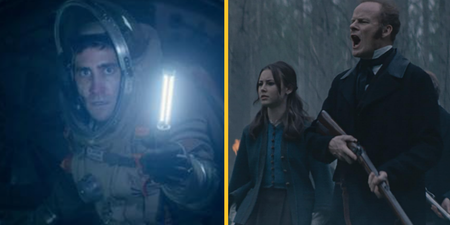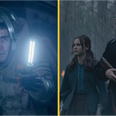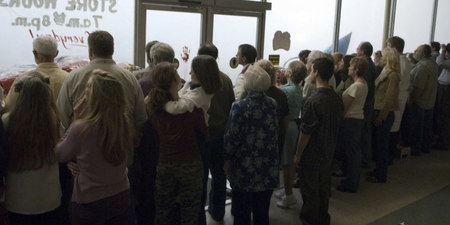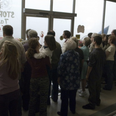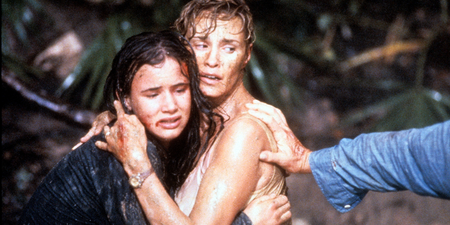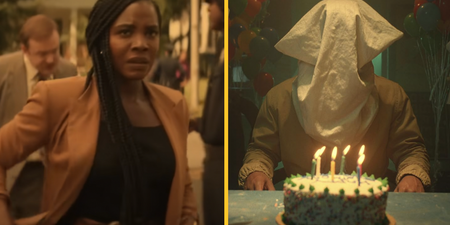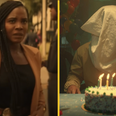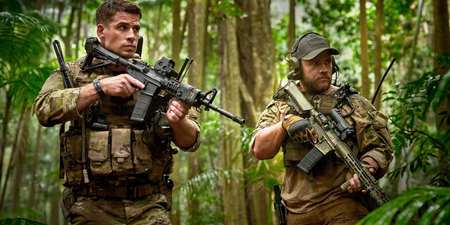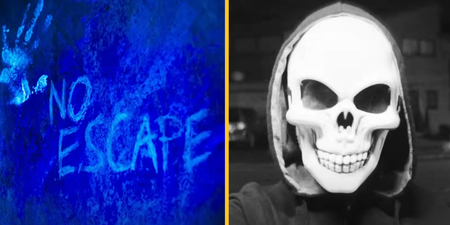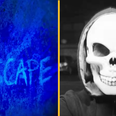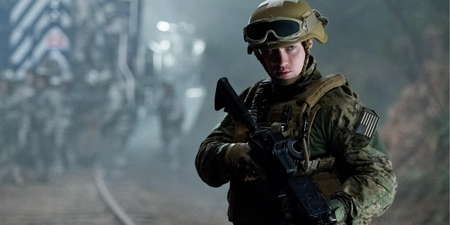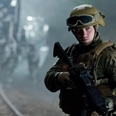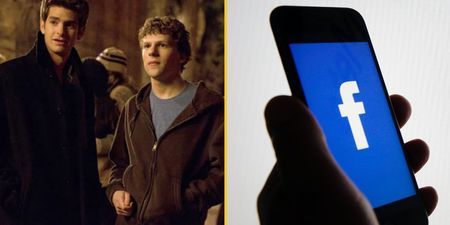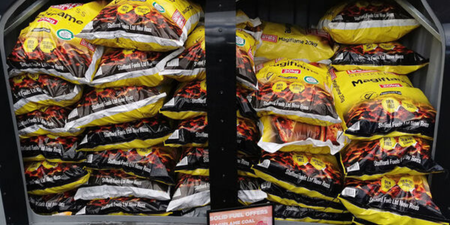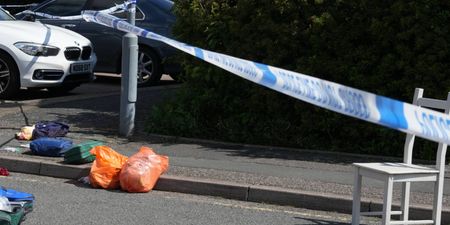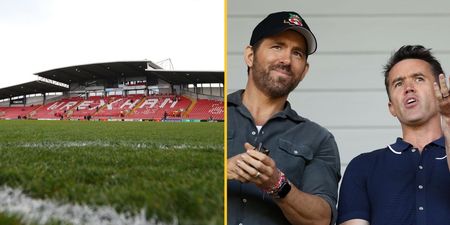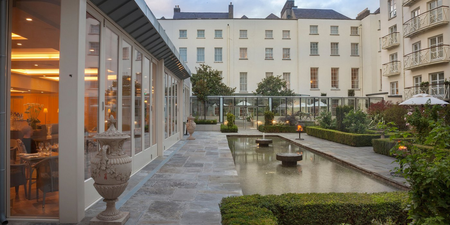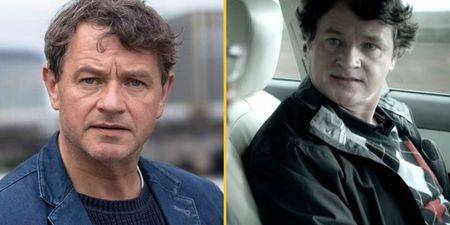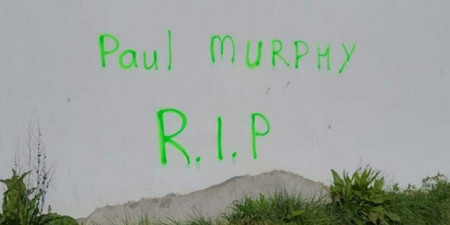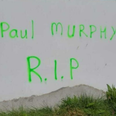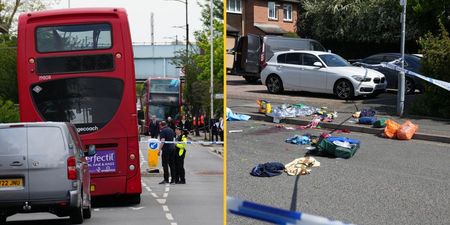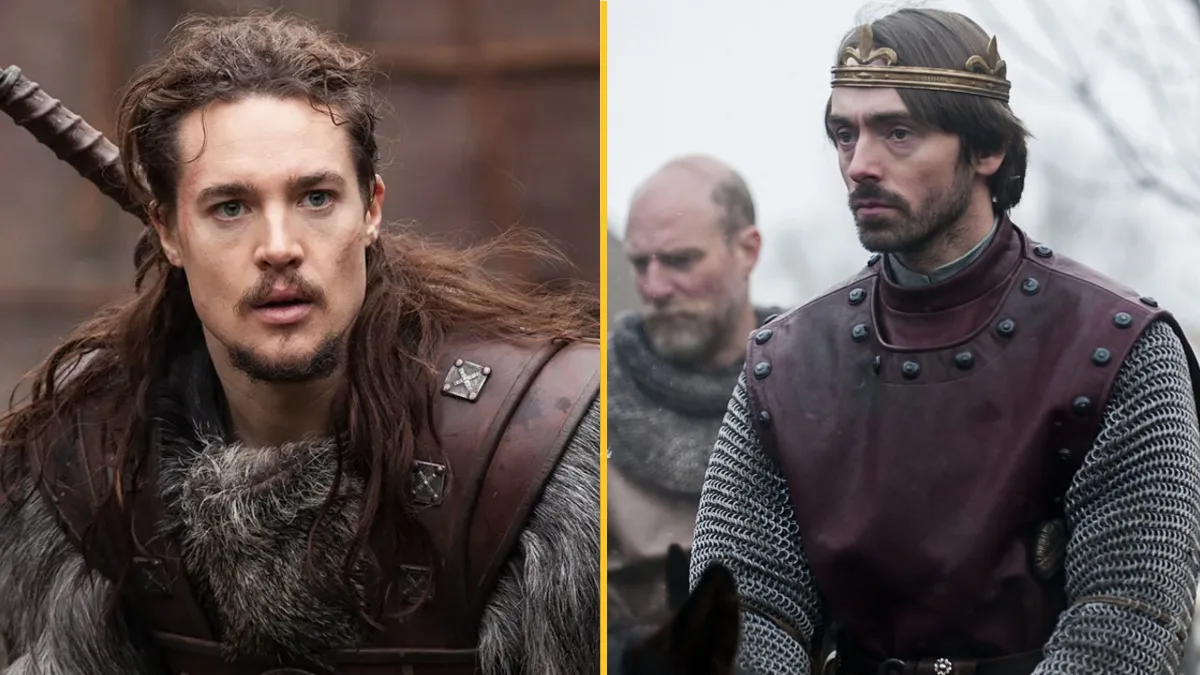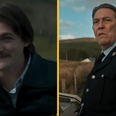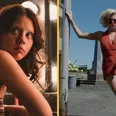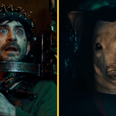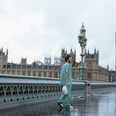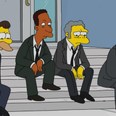It was tough but we’ve whittled it down.
The addition of Trading Places, Brooklyn, Unforgiven, and more to the Leaving Cert curriculum has surprised some people, but when you think about it, they all make sense, especially in terms of their themes.
After all, the storyline for Trading Places is often viewed as a modern take on Mark Twain’s classic 19th-century novel The Prince and the Pauper.
As stated on the Leaving Cert’s website: “At Higher Level and at Ordinary Level, a film may be studied as one of the three texts in a comparative study” and for the purposes of this article, themes are key.
Sadly, as much as we love Step Brothers, we’re not sure if there’s much comparisons to be made between ‘Boats n’ Hoes’ and “curly-headed fucks” with the work of Shakespeare.
Ok, a few key rules for this list which are needed, just to narrow down the scope of films.
1) We’re opting for original screenplays and stories – i.e films that aren’t based on a pre-existing novels/short story/play etc. This would rule out the likes of Hunt For The Wilderpeople, Arrival, The Social Network, 12 Years A Slave, Room, Slumdog Millionaire etc. We’re allowing graphic novels though.
2) We’re limiting the time period to the last 15 years. If we didn’t, the list could be endless.
3) The film has to thematically fit with the Leaving Cert cycle. Essentially, the storyline and themes of these films have to sit comfortably alongside other plays and novels that are being studied. For example, Spotlight is a superb film, but it wouldn’t make for easy comparison alongside some of the other prescribed texts. Similarly, Avengers: Endgame is a lot of fun, but it’s hard to argue for its inclusion.
Ok, let’s dig in.
In Bruges
Plot: Guilt-stricken after a job gone wrong, hitman Ray and his partner await orders from their ruthless boss in Bruges, Belgium, the last place in the world Ray wants to be.
Themes: Where do we begin with Martin McDonagh’s wonderful film? A reflection on friendship during its bleakest times, a lamentation on life, death and the nature of purgatory, one man’s desperate attempt at redemption.
Deserves its place because: Ray’s descent into depression and despair is a tragedy. However, the level of pathos, laughs, and sadness in this film is something akin to a great play – fitting given McDonagh’s theatrical background.
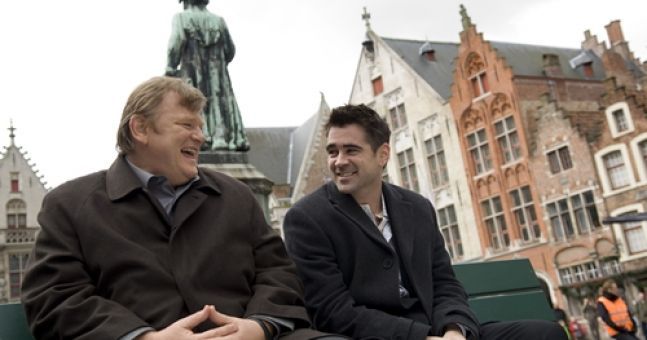
Hell or High Water
Plot: A divorced father and his ex-con older brother resort to a desperate scheme in order to save their family’s ranch in West Texas.
Themes: The moral plight of the modern worker in an economic environment that’s constantly beating them down. Aside from this, you’ve also got the breakdown of a brotherly bond, the ebbing away of common decency during a period of hardship, and a reflection of how capitalism can crush the working classes.
Like Cormac McCarthy’s bets work, this is a tale of brutal conquest in America.
Deserves its place because: Essentially, this modern western is Of Mice and Men but with more guns and bank robberies.
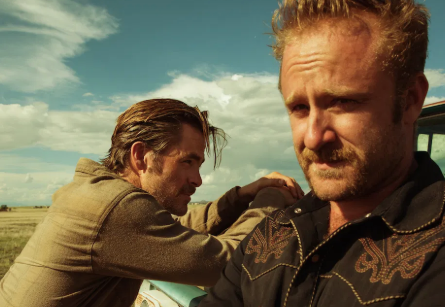
The Wind that Shakes the Barley
Plot: Against the backdrop of the Irish War of Independence, two brothers fight a guerrilla war against the British forces.
Themes: Ok, it’s essentially a watered-down history lesson that every Irish person is aware of, but when you look at Ken Loach’s film objectively and devoid of the prism of history, it still stands out.
Themes of patriotism, oppression, and rebellion are prevalent throughout. Aside from this, it’s a tragedy of two brothers that are drifting apart as they approach a horrific showdown.
Deserves its place because: Families at war. Shakespeare made his career out of that.
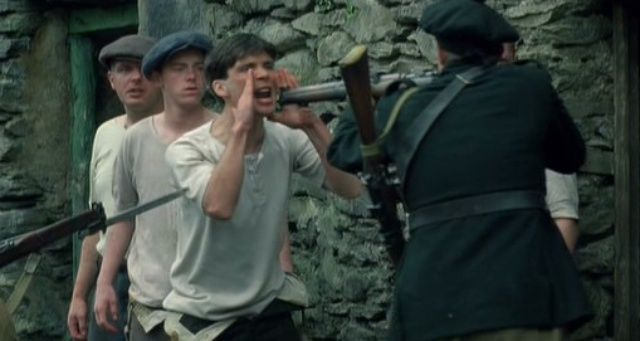
Logan
Plot: In a future where mutants are nearly extinct, an elderly and weary Logan leads a quiet life. But when Laura, a mutant child pursued by scientists, comes to him for help, he must get her to safety.
Themes: A man confronted with his own mortality, a reimagining of the traditional family unit, the crippling impact of illness over time, the reluctant hero.
Deserves its place because: Ok, we’re cheating here a small bit because the film takes inspiration from the Old Man Logan comic, but if Unforgiven is on the curriculum for 2021, James Mangold’s film can make a similar case.
Like another beloved Western, Shane, it’s the classic tale of a reluctant hero that just wants to do right, but is forced to do wrong.
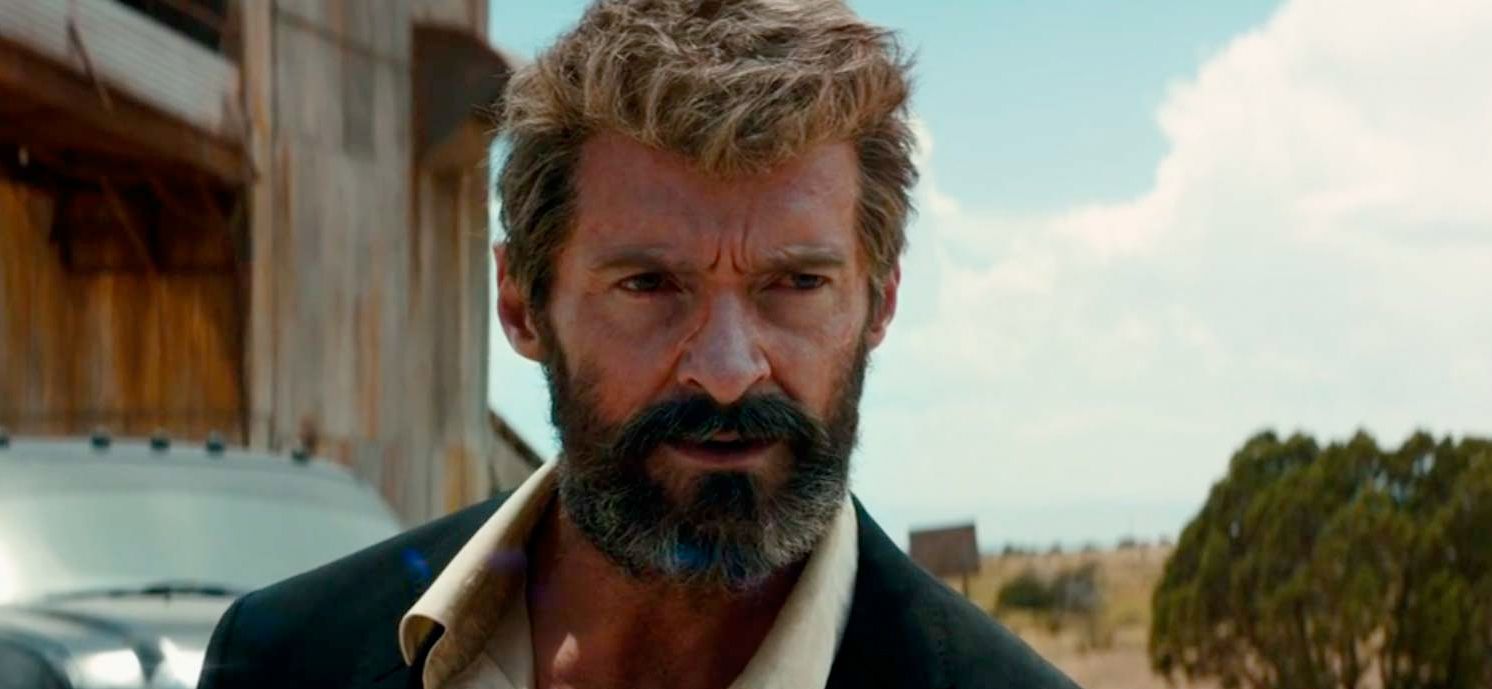
A Prophet
Plot:
Themes: A prison drama that’s far more concerned about social and cultural identity. Like all films set in jail, the themes of power, control and survival are all prevalent but what makes Audiard’s film stand out is its examination of race relations in modern France.
In a way, the prison in the film is a microcosm of French society.
Deserves its place because: A young man trying to find his place in a world that seems alien and harsh, with a strong emphasis on religion and identity too.
Mmm, paging James Joyce.
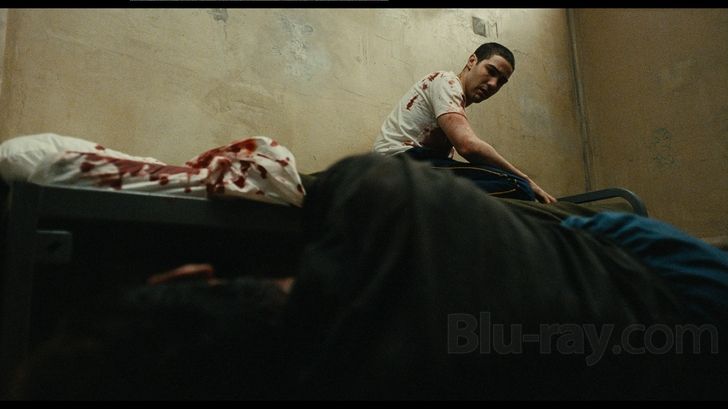
Whiplash
Plot: A promising young drummer enrols at a cut-throat music conservatory where his dreams of greatness are mentored by an instructor who will stop at nothing to realise a student’s potential.
Themes: The pursuit of art at all cost. The importance of mental health and wellbeing. A treatise on the limits that people are willing to go to in order to purse their dreams. The crippling impact that an overbearing authority figure can have on the mindset of an adolescent. Essentially, how much shit is one person willing to go through for that one life-changing moment of euphoria and joy?
Deserves its place because: What novel or play doesn’t touch on the pursuit of happiness and the incredible lengths that people will go to achieve it, even to their own detriment.
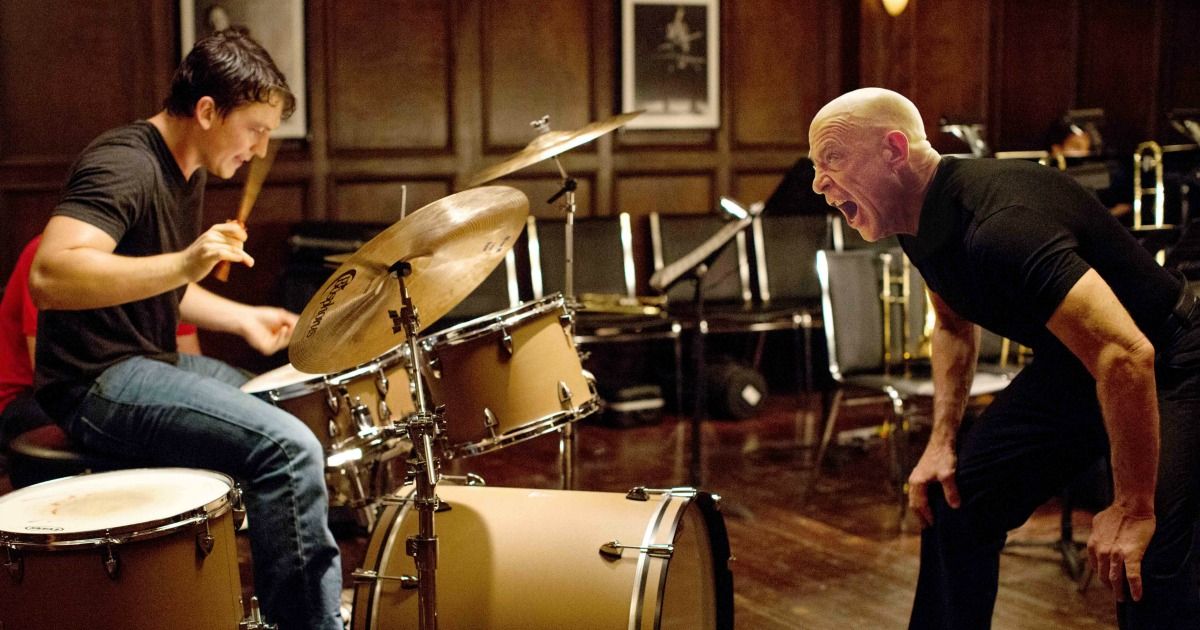
Snowpiercer
Plot: In a future where a failed climate-change experiment has killed all life except for the lucky few who boarded the Snowpiercer, a train that travels around the globe, a new class system emerges.
Theme: The poor are treated like shit, the rich live with impunity. In the worst conditions imaginable, the first casualties are morality, respect, common decency, and a sense of altruism.
Why help someone else out when you can step all over them? In a way, while the message is bleak and depressing, it’s a perfect reflection of modern society.
Deserves its place because: If Charles Dickens wrote a sci-fi film, this would be close to it. FYI, it’s based on the graphic novel Le Transperceneige.
On another note, we can’ wait to see what Bong Joon Ho has done with his new film Parasite.
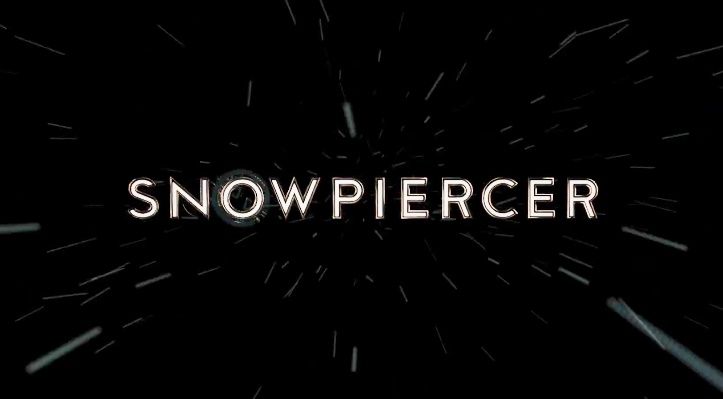
Moonlight
Plot: A young African-American man grapples with his identity and sexuality while experiencing the everyday struggles of childhood, adolescence, and burgeoning adulthood.
Theme: The crippling impact of poverty, the ever-changing and evolving concept of sexuality, the fear of coming-out due to societal pressures. It’s also a fantastic love story.
Deserves its place because: Did James Joyce get that previous call?

Nightcrawler
Plot: When Louis Bloom, a con man desperate for work, muscles into the world of L.A. crime journalism, he blurs the line between observer and participant to become the star of his own story.
Themes: Commerce vs morality, an examination of societies’ ghoulish tendency to view death, and murder as entertainment, one man’s moral descent as he tries to make a quick buck, the dehumanising impact that technology can have on an individual’s morality.
Deserves its place because: It’s arguably the best examination of the modern media environment and the lows that certain people will stoop to. It’s Network for the smartphone generation.
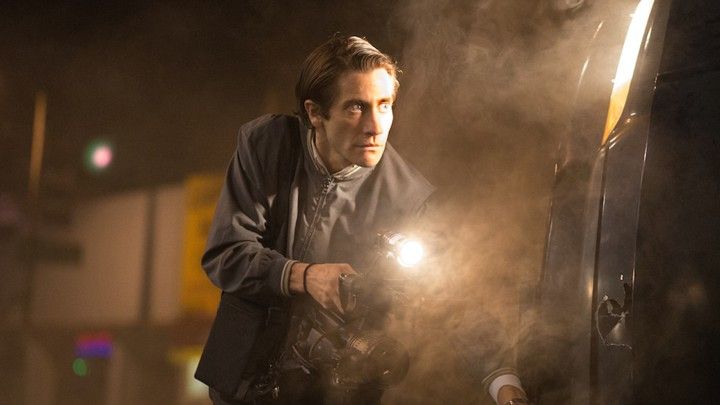
Sing Street
Plot: A boy growing up in Dublin during the 1980s escapes his strained family life by starting a band to impress the mysterious girl he likes.
Themes: Friendship, the power of art in terms of finding a sense of identity, romance, the importance of having an artistic outlet during a period of hardship.
Deserves its place because: There’s an entire literary genre that’s devoted these type of stories. Sing Street is a bildungsroman in every sense.
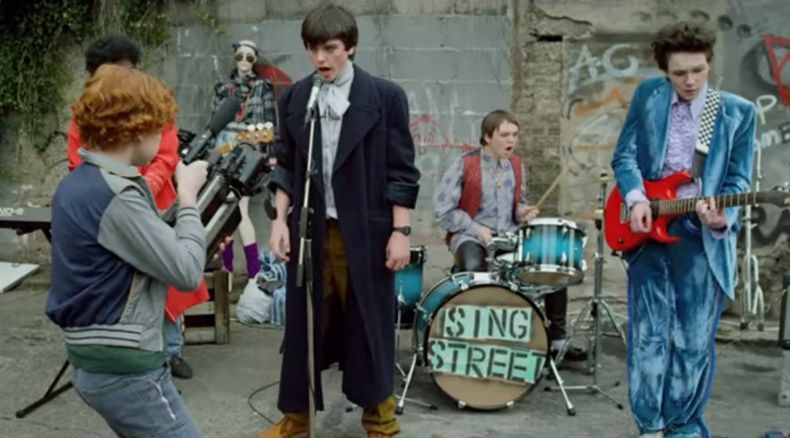
Boyhood
Plot: The life of Mason, from early childhood to his arrival at college.
Themes: It covers life and all that it entails. Family, love, loss, heartache, romance, fear, frustrations, joy, sorrow. It’s an exquisite portrait of a person’s life.
Deserves its place because: You could literally take any aspect of Linklater’s film and apply/compare it with another title on the Leaving Cert.
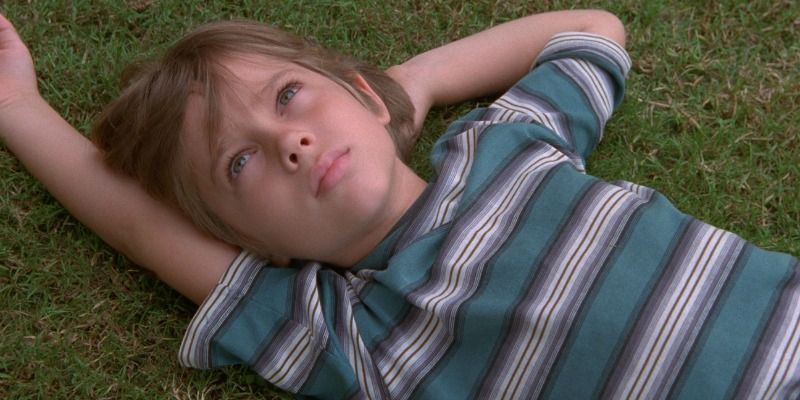
Pan’s Labyrinth
Plot: In the Falangist Spain of 1944, the bookish young stepdaughter of a sadistic army officer escapes into an eerie but captivating fantasy world.
Themes: Life and death, fantasy vs reality, family, fascism, femininity, rebellion, the loss of innocence, an anti-war parable, the concept of the outsider finding their place.
Deserves its place because: Much like the The Devil’s Backbone (Spanish Civil War) and The Shape of Water (post-McCarthyist America), Del Toro uses fantasy to address some very real and pertinent issues in this fantasy. This film is brimming with so many themes that you could link it with anything.
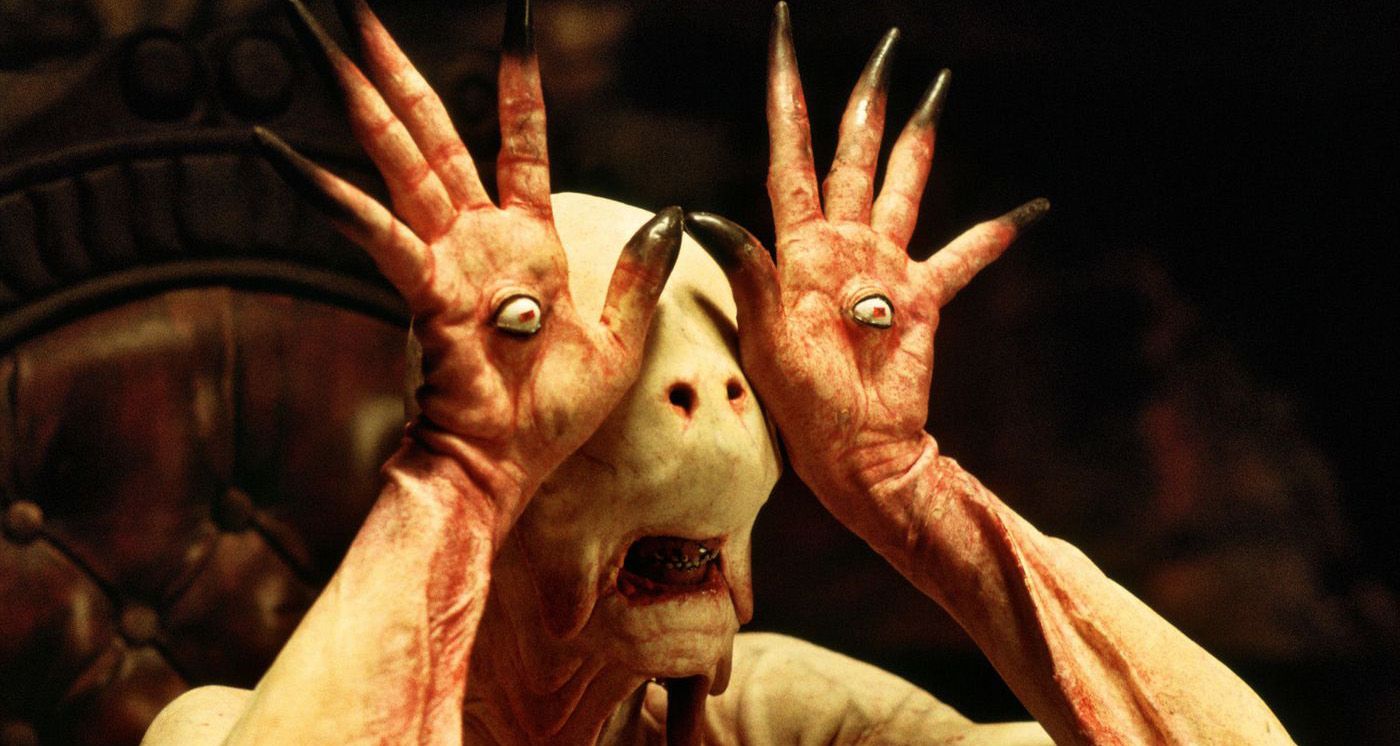
Lady Bird
Plot: In 2002, an artistically inclined seventeen-year-old girl comes of age in Sacramento, California.
Theme: A protagonist that lives on the wrong side of tracks. Class, identity, the need to escape the shackles of small town life, the sense that there’s a bigger adventure elsewhere. Social and racial class divides. The relationship that the main character has with her parents is perfectly detailed too.
Deserves its place because: An artist deconstructing their own sense of self-identity while trying to figure out their broader place in the world. Take your pick of similar plays and novels.
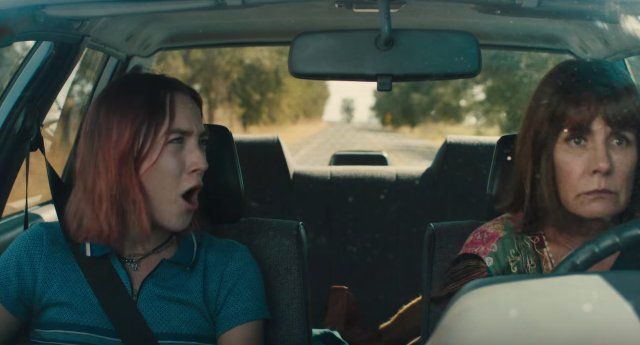
The Grand Budapest Hotel
Plot: The adventures of Gustave H, a legendary concierge at a famous hotel from the fictional Republic of Zubrowka between the first and second World Wars, and Zero Moustafa, the lobby boy who becomes his most trusted friend.
Themes: Inheritance, class, the concept of civilised society, the corrupting influence of money, loyalty, romance.
Deserves its place because: It’s a statement that that warmth, decency and beauty can exist in a world that is slowly turning to shit.
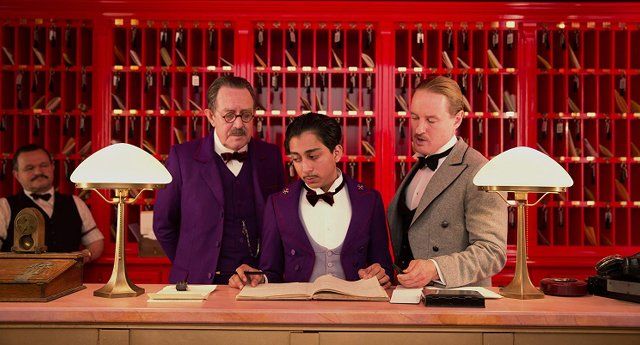
Get Out
Plot: A young African-American visits his white girlfriend’s parents for the weekend, where his simmering uneasiness about their reception of him eventually reaches a boiling point.
Themes: Racism, slavery, the idea that black people are still treated as “outsiders” in their own country.
Deserves its place because: Think about one scene. Daniel Kaluuya’s character has to pick cotton to save his own life as he film reaches its end. If that doesn’t evoke historical memories of African-American literature then nothing else will.
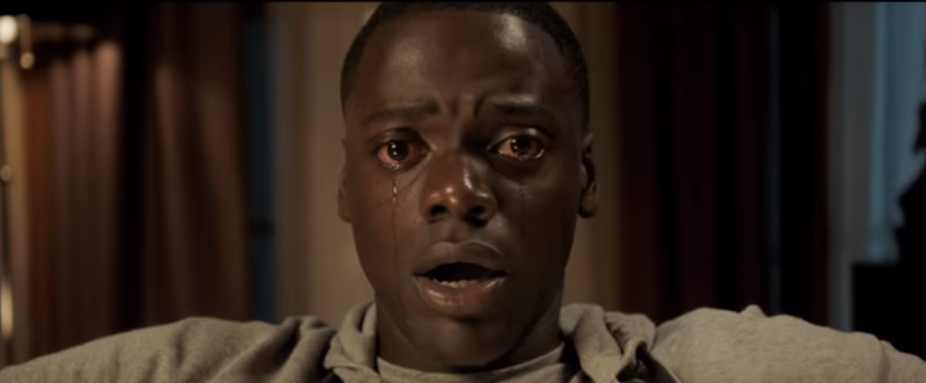
LISTEN: You Must Be Jokin’ with Aideen McQueen – Faith healers, Coolock craic and Gigging as Gaeilge
